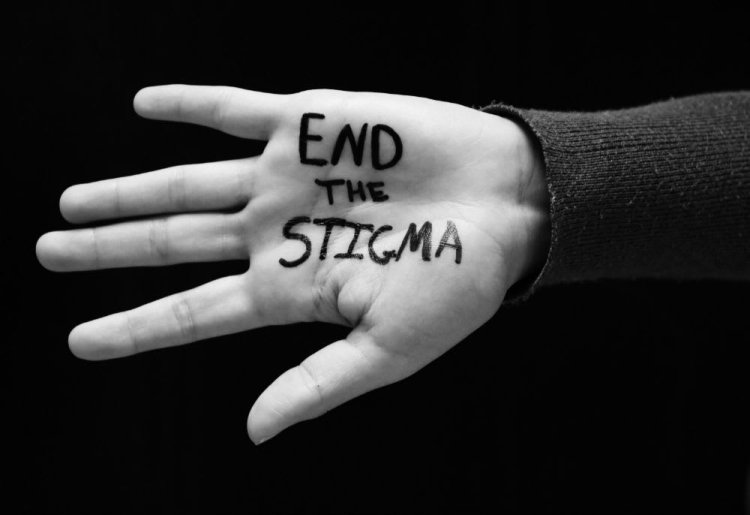Speaking Out Against Mental Health Stigma

Millions of people all around are affected by the ubiquitous mental health stigma. Even with increasing knowledge, many people with mental health issues still encounter major obstacles because of society preconceptions and misunderstandings. This stigma often results in humiliation, isolation, and a refusal to get required treatment, therefore aggravating the same problems it avoids. It's time to start the honest and encouraging conversation about mental health.
Acknowledging Mental Health Stigma
Mental health stigma results from ignorance, fear, and misinterpretation. Typical preconceptions view people with mental problems as weak, erratic, or dangerous. Media representations and cultural standards help to promote these false ideas, which results in general false knowledge. Stigma mostly shows up as public stigma and self-stigma. While self-stigma results from people absorbing these negative ideas, therefore affecting their self-esteem and feeling of value, public stigma is the result of society discriminating against individuals.
Stigma's Effects
Mental health stigma has really significant effects. People who resist getting therapy out of concern about judgment may end up with untreated disorders that get worse over time. People who experience stigma may also withdraw from friends, relatives, and colleagues in order to escape discrimination, essentially isolating themselves. In companies, stigma affects job happiness and productivity since workers might be reluctant to ask for adjustments or share their hardships.
Encouraging Free Communication
Dealing with mental health stigma calls both group effort and a dedication to encourage honest communication. These are some techniques meant to encourage a more inclusive communication:
- Teach others and yourself about mental health issues to help to debunk preconceptions and lower anxiety. Correct knowledge can alter opinions and challenge preconceptions.
- By sharing personal experiences with mental health, one can humanize the problem and offer solace to others feeling alone. Learning about resilient experiences of recovery can motivate others to get treatment and inspire hope.
- When talking about mental health, use polite, nonjudging language. Steer clear of words that reinforce stigma and substitute language that honors the individual's experience without defining them based on their disease.
- Promote access to care and support laws safeguarding the rights of people with mental health illnesses. Back projects and companies aiming at reducing stigma and offering tools.
- Encourage venues, both online and in-person, where people feel free to share their challenges without regard to criticism. Crucially needed help can come from support groups, mental health forums, and inclusive businesses.
CONCLUSION
A kind and encouraging society depends on breaking the silence on mental health. Reducing stigma and encouraging honest communication will allow us to establish an environment in which people feel free to share their experiences and get treatment. Together, we can dispel myths, provide encouragement, and open the path for a time when mental health is handled with the care and knowledge it merits.
What's Your Reaction?


















